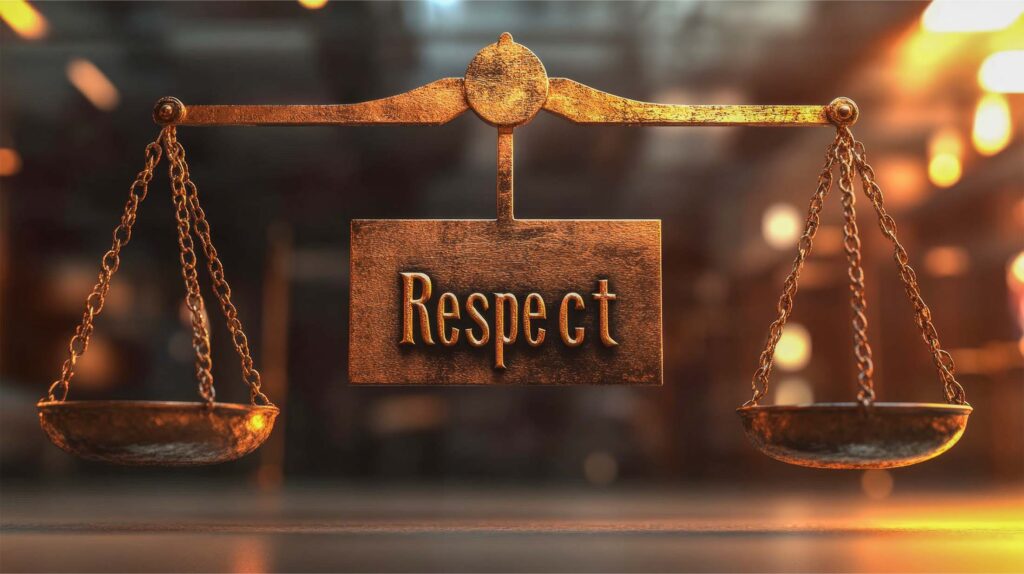
Why Civility Matters in the Legal Profession
In today’s polarized climate, where intense disagreement can often devolve into hostility, the importance of civility among legal professionals has never been greater. Lawyers hold a vital role in society, entrusted with representing their clients, upholding justice, and shaping public perceptions of the legal system. Civility in the legal profession is more than just a courtesy—it is essential for maintaining integrity and promoting public trust.
Civility toward judges, opposing counsel, juries, and the public is foundational to a functional legal system. When lawyers treat others respectfully, it reflects the dignity and fairness that should characterize our justice system. Lawyers who adhere to professional and civil conduct contribute to efficient, constructive communication in court, helping to ensure that cases are decided based on evidence and law rather than personal conflict. In particular, civility in court proceedings fosters an atmosphere where judges and juries can consider cases on their merits, free from the distraction of hostility or intimidation.
In recent years, however, an erosion of civility has become apparent in many public spaces, with bullying and hate speech on the rise. This trend of incivility, amplified by social media and political division, has at times extended into the legal profession, leading to unprofessional conduct and even hostility between lawyers. We have also witnessed it in the form of violence, even on occasion against judges and their families. Such behavior not only harms individual cases but also undermines the public’s trust in the legal system. When lawyers resort to aggressive or derogatory tactics, they shift focus away from truth and justice, which can lead to unfair outcomes and weaken the credibility of the profession as a whole.
Conversely, when lawyers model civility and professionalism, they set a powerful example for their clients, the public, and even future generations of lawyers. This includes maintaining a respectful tone with opposing counsel, avoiding inflammatory language, and refraining from personal attacks. Lawyers must advocate zealously, but this does not require incivility. Rather, effective advocacy is grounded in clarity, respect, and integrity—qualities that encourage fair and equitable results. The lawyers at Traut Injury Law pride themselves on being effective advocates while maintaining civility and professionalism. It has resulted in the local judiciary and legal community in Southern California holding Eric, Pam, and Connor in very high esteem. With each being bestowed civility awards by various legal organizations, those accomplishments are some of their most cherished.
Ultimately, civility in the legal profession is essential for the pursuit of justice. By fostering respect and professionalism, lawyers help maintain public trust in a system that affects every member of society. In an era where hostility and division are often visible, a renewed commitment to civility among lawyers can make a positive impact not only in the courtroom but also across our communities.

